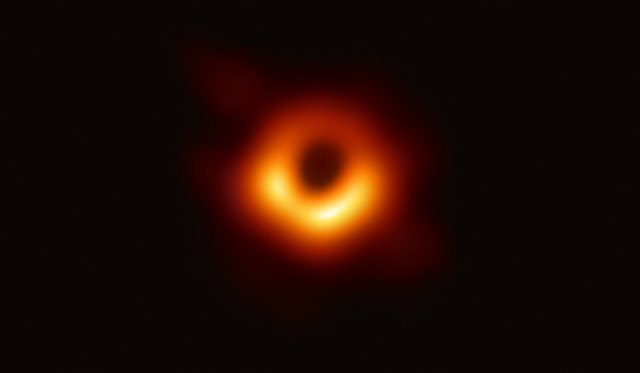The concept of reality is a tricky one that involves various principles of astrophysics, such as black holes, the expansion of the universe, and quantum physics. In this discussion, we explore a study that potentially explains why reality exists, how objects turn from the “everything bagel” of quantum physics to specific entities, and how black holes may act as observers that collapse quantum effects and create physical objects.
The Copenhagen interpretation of quantum physics proposes that everything can be described as a possibility until it is observed or interacted with, at which point it becomes a particle with defined properties. Quantum objects do not have any reality until they are observed or interacted with. For instance, the concept of Schrodinger’s cat in a box highlights that while the cat remains in the box, it is both alive and dead. The state changes only when someone opens the box to observe it. But what causes the decoherence over everything around us, including the existence of physical entities like ourselves?
By applying Einstein’s principles, scientists in a hypothetical paper discovered something that could be groundbreaking. Quantum objects lose their quantum properties as soon as there is an observation or interaction. However, what happens when the observer is really far away from the object? Quantum physics suggests that the observer is entangled with the particle, creating what is known as decoherence, even if the observer is thousands of light-years away.
The paper further explores the concept of the “everything bagel” in a thought experiment where an observer from another galaxy observes the bagel, causing it to assume a specific property and no longer be quantum. However, what if the observer is inside a black hole? According to quantum physics, there is still entanglement, but the information from the entanglement cannot escape the black hole due to the event horizon, which acts as a point of no return where no light can escape. This creates a paradox that needs to be solved with a general theory of relativity.
The scientists behind the paper have mathematically solved this by assuming that the event horizon of the black hole itself starts acting as an observer that causes the decoherence and collapse of quantum effects. The horizon of black holes around the universe may act as giant observer eyes potentially causing the universe to create reality that we know. This intriguing proposition suggests that black holes are responsible for creating physical objects and collapsing quantum effects.
Moreover, the study proposes that horizons where nothing can escape, such as the edge of the universe, start violating certain quantum principles. This idea highlights the role of black holes and quantum physics in explaining the existence of physical entities in the universe.
In conclusion, the study raises significant questions about the nature of reality, the role of black holes in shaping the universe, and the relationship between quantum physics and astrophysics. While there is no physical or observational proof, the study provides a theoretical framework for understanding the complexities of reality and the universe.
